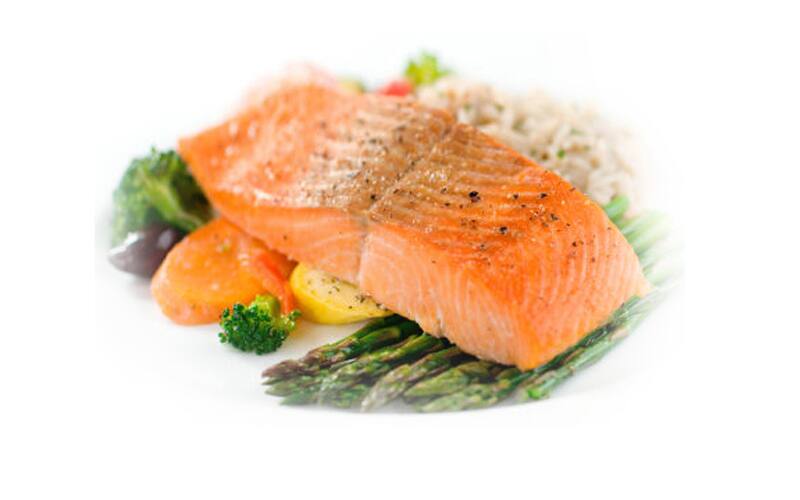
Originally published in VolleyballUSA, Spring 2012 issue
An increasing body of research suggests that proper amounts of Vitamin D play a role in helping athletes reach their performance potential.
Like athletes in other sports, most volleyball players have a general understanding of the importance of major nutrients like carbohydrate, protein and fat to help them train and compete well. However, as a sport dietitian working with the U.S. Men’s and Women’s National Teams, I find few athletes are aware of the important role Vitamin D plays in optimal health and performance.
It has been recognized for a long time that Vitamin D plays a significant role in calcium absorption and bone health. If you have a serious Vitamin D deficiency, it can lead to diseases like rickets and osteomalacia and you may also be at increased risk for other chronic health problems.
More research is becoming available to show that Vitamin D also plays a role in an athlete’s ability to adapt to training and improve performance. This is seen not only though good bone health, but also immune function, inflammatory response and muscle function.
Therefore, low Vitamin D status may cause the following in athletes:
- Increased incidence of common cold and flu
- Decreased ability to handle inflammation associated with intense training
- Increased muscular pain or weakness
In order to have a good understanding of your Vitamin D status, you can get a routine blood test though your physician. We do this annually for the National Team players when they return to full-time training in the spring. These results allow me, along with the other USAV medical providers, to assess their status and give individual dietary recommendations to ensure optimal levels.
If your Vitamin D levels are less than optimal, sunlight exposure is the easiest treatment. The current recommendation is to get from five minutes (for fair-skinned people) to 30 minutes (for dark-skinned people) of sun exposure without sunscreen as close to noon as possible. That doesn’t mean going outside in long pants, long sleeves and a hat.
A good percentage of your body needs to be exposed, including your back, legs and arms. But remember, it’s just for those few minutes. After that, you need to take the usual skin precautions by using sunscreen and/or covering areas of your body that may get too much exposure. If you are at increased risk of skin cancer, please avoid these recommendation.
While sunlight is our biggest source of Vitamin D, there are a few sources that provide Vitamin D. Here is a list of both natural and fortified foods that contain Vitamin D:
- Fortified milk
- Egg yolk
- Fortified orange juice
- Fatty fish (e.g. salmon, tuna, sardines)
- Sundried mushrooms
- Cod liver oil
Some athletes take supplements to ensure proper amounts of Vitamin D, but I would encourage you to have a blood test done before you begin using supplements. Different people have different needs. For instance, if you’re in the sun a lot, you may not need much Vitamin D from your diet. (People tend to have lower Vitamin D levels in the winter than in the summer because of less sun exposure.) And if you have darker skin color, you may be at greater risk for deficiency.
Bottom line: Because many volleyball players spend a lot of time training indoors, they may be at risk for low Vitamin D levels. Set aside a little time to determine your current Vitamin D status. Then take steps to see whether increased sun exposure or dietary sources are appropriate for you.
It’s important to take advantage of Vitamin D’s benefits, especially for hardworking volleyball players who want to maximize their potential.
Shawn Dolan, PhD, RD, CSSD is a sport dietitian with the United States Olympic Committee. She works primarily with team sports based in the Los Angeles area and the United States Olympic Training Center at Chula Vista.
